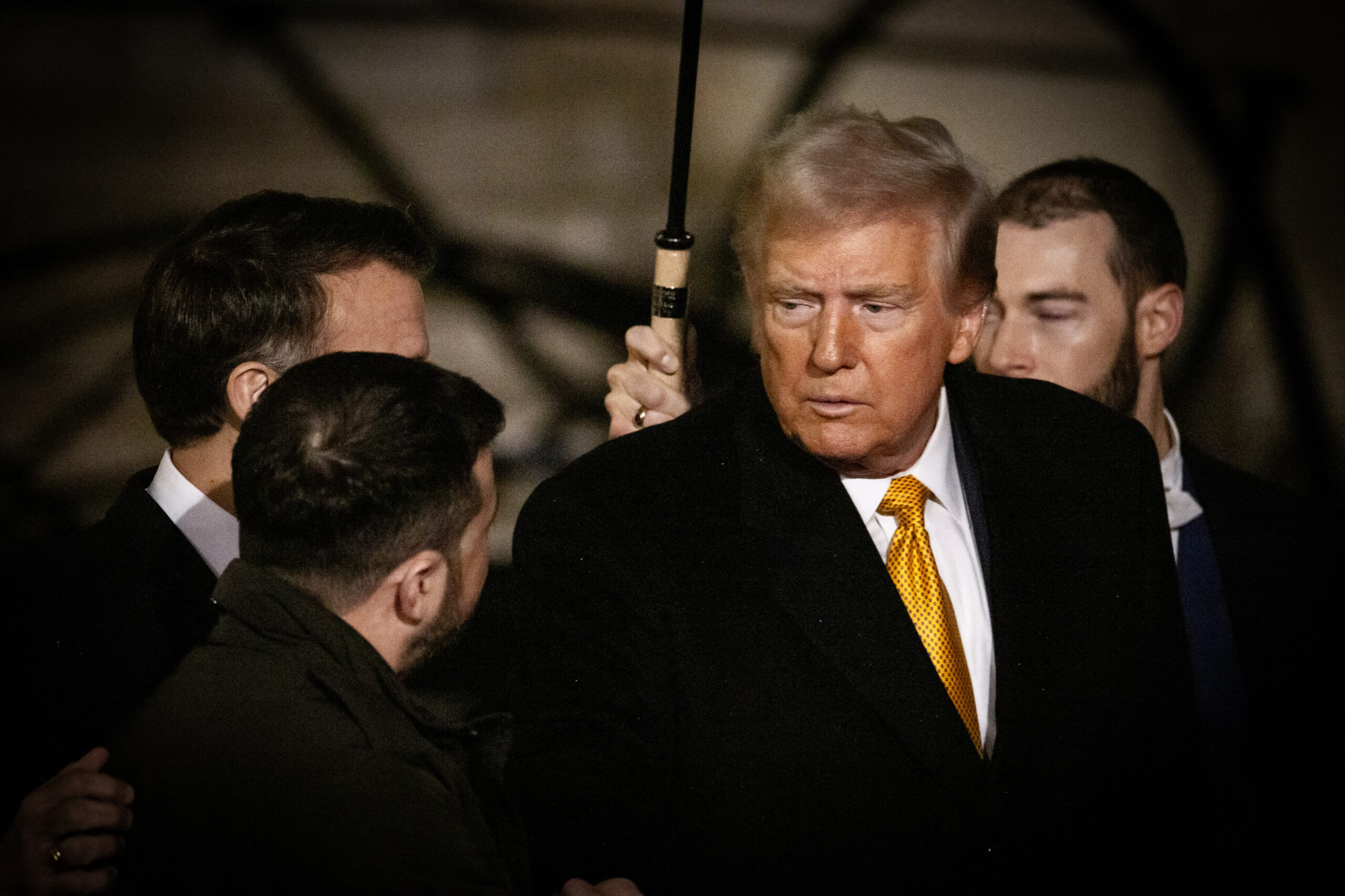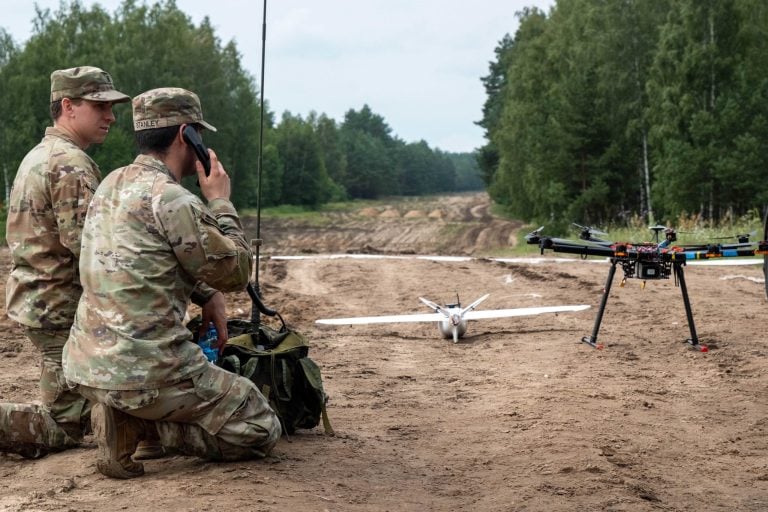Tensions escalated between Ukraine and Russia on Tuesday as both countries lodged complaints with the United States regarding strikes on each other’s energy infrastructure. Ukraine urged the US to impose stronger sanctions on Russia, accusing it of breaching agreements purportedly established during discussions in Saudi Arabia.
Despite mutual accusations of violating a supposed ceasefire concerning energy facilities, there is no formal agreement in place, and the exact terms of any such commitments remain ambiguous. Following meetings with US officials, the White House announced that both nations had agreed to devise measures aimed at implementing a ban on attacks against energy sites belonging to either country.
Ukrainian President Volodymyr Zelensky, in a daily evening address, revealed that his Defense Minister, Rustem Umerov, was in communication with US officials regarding Russian violations in the energy sector. Zelensky emphasized the need for enhanced sanctions against Russia as a consequence of these breaches. “We have come to the point of increasing the sanctions impact,” he said, expressing his belief that Russia had failed to uphold its commitments made to the US, and he urged that President Trump had the necessary tools to escalate sanctions on Russia.
In a significant statement, Zelensky reiterated Ukraine’s openness to an unconditional ceasefire with Russia, indicating a willingness to de-escalate the ongoing conflict.
Meanwhile, in Moscow, President Vladimir Putin convened a meeting with key security officials to address what he termed Ukrainian “violations.” The Russian Foreign Minister, Sergei Lavrov, reported that Russia had communicated its grievances to Washington, specifically mentioning that a formal list of alleged violations had been handed to US National Security Advisor Mike Waltz and Secretary of State Marco Rubio.
The Russian defense ministry accused Ukraine of conducting strikes against energy sites in the Belgorod region of Russia and the partially occupied Zaporizhzhia region of Ukraine. These allegations surfaced within hours of Ukrainian Foreign Minister Andriy Sybiga stating that a Russian strike had left tens of thousands without power in the southern Kherson region, although local authorities later confirmed that power had been restored.
Since the onset of its invasion in February 2022, Russia has systematically targeted Ukrainian power plants and energy infrastructure. In a prior development, President Putin rejected a joint US-Ukrainian proposal aiming for an unconditional ceasefire.
Adding complexity to the situation, Sybiga also revealed that ongoing talks were taking place between Kyiv and Washington regarding a minerals agreement, aimed at giving the US access to Ukraine’s natural resources in exchange for increased support. An earlier deal intended to facilitate the extraction of strategically important minerals was delayed after a high-profile disagreement between Trump and Zelensky during a televised event in February.
Trump, speaking on Sunday, warned Zelensky of potential “big problems” if Kyiv were to dismiss the latest US proposal, although the specifics of this proposal have not yet been disclosed by either party. The ongoing conflict and these recent developments underline the fragile state of relations and the challenges faced in reaching a sustainable resolution.







